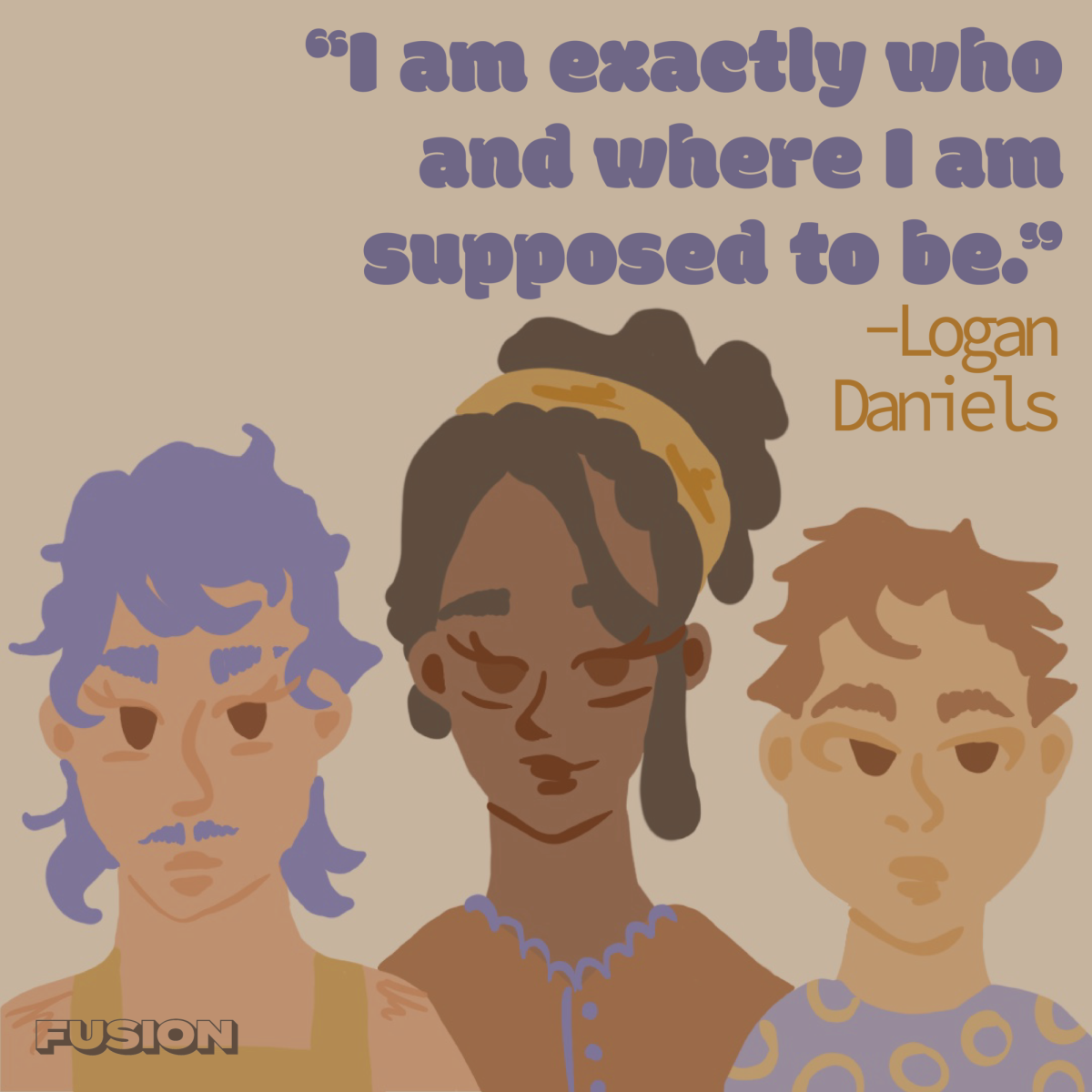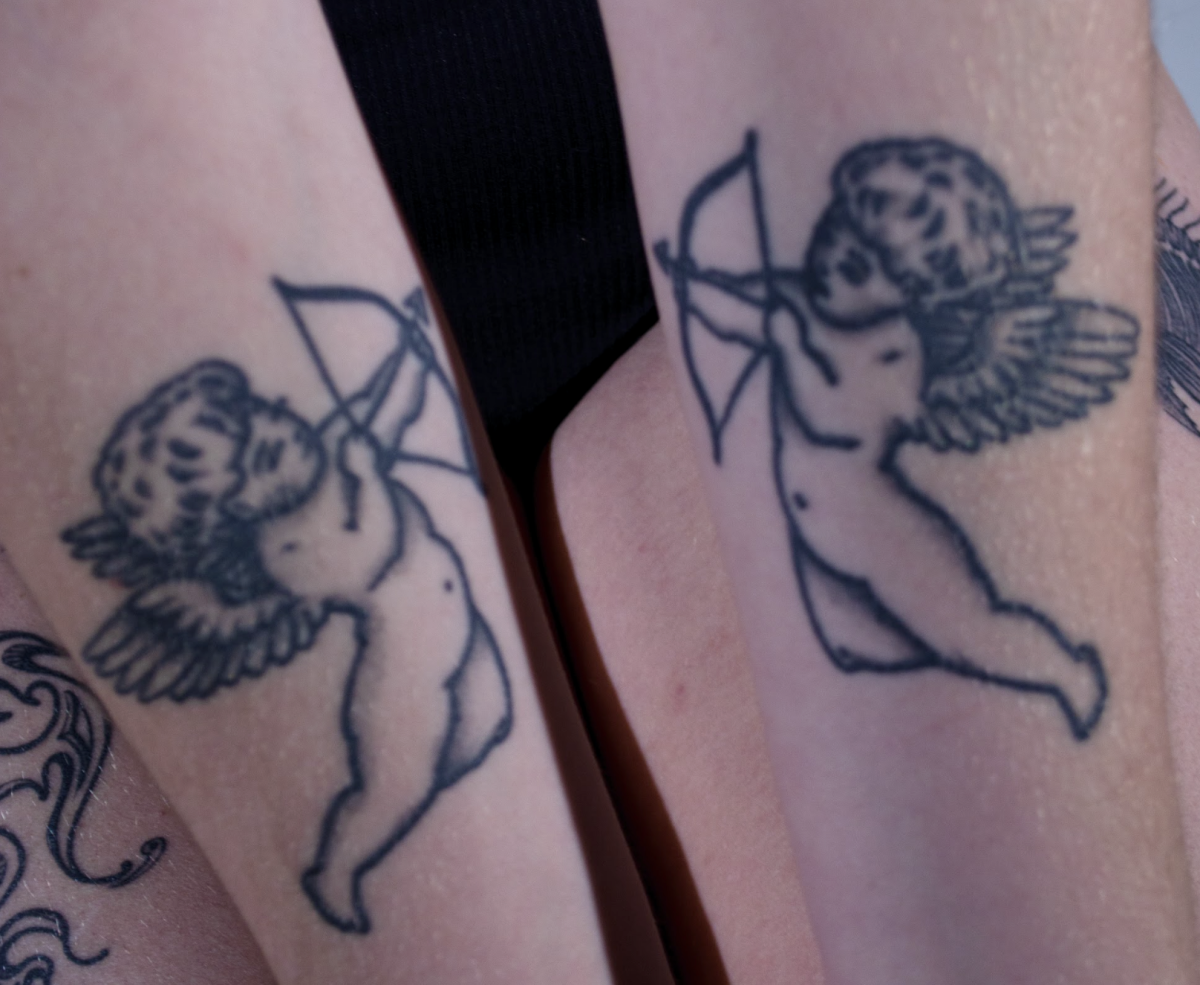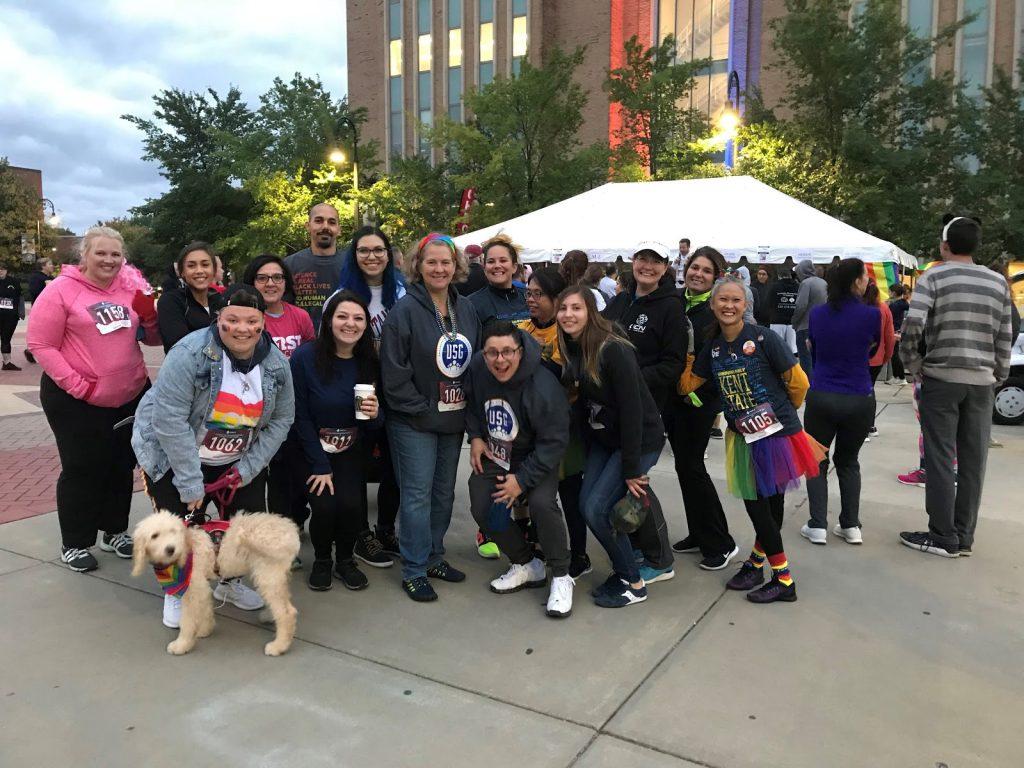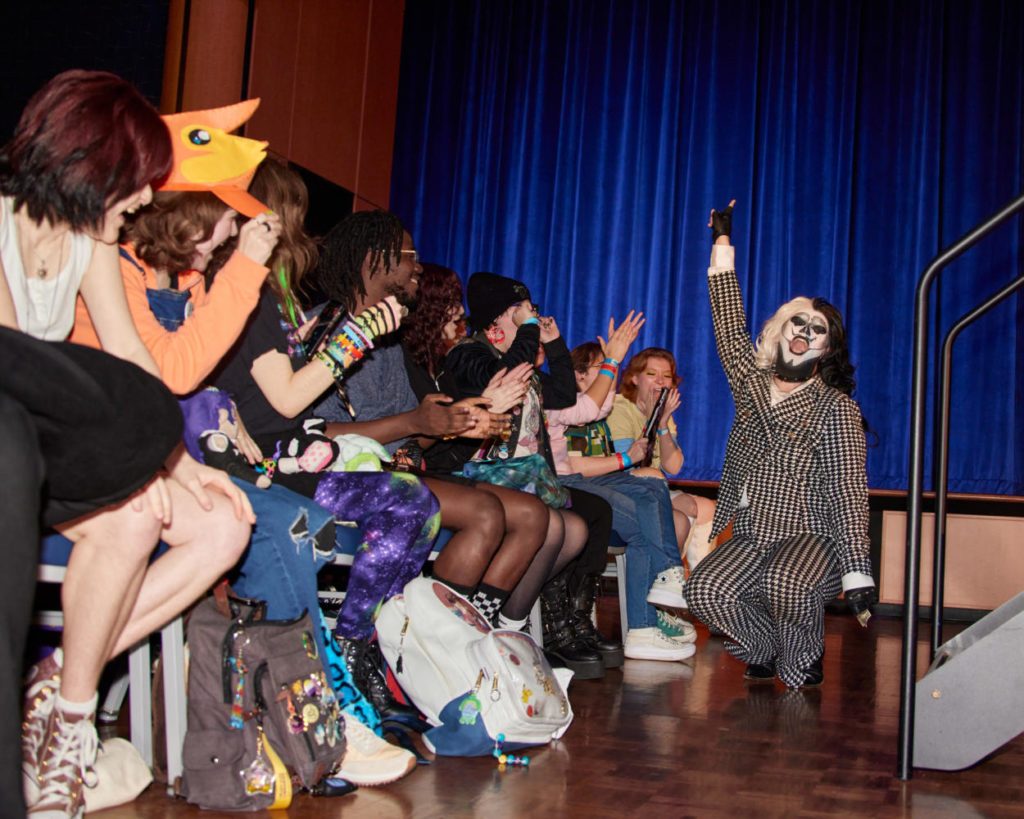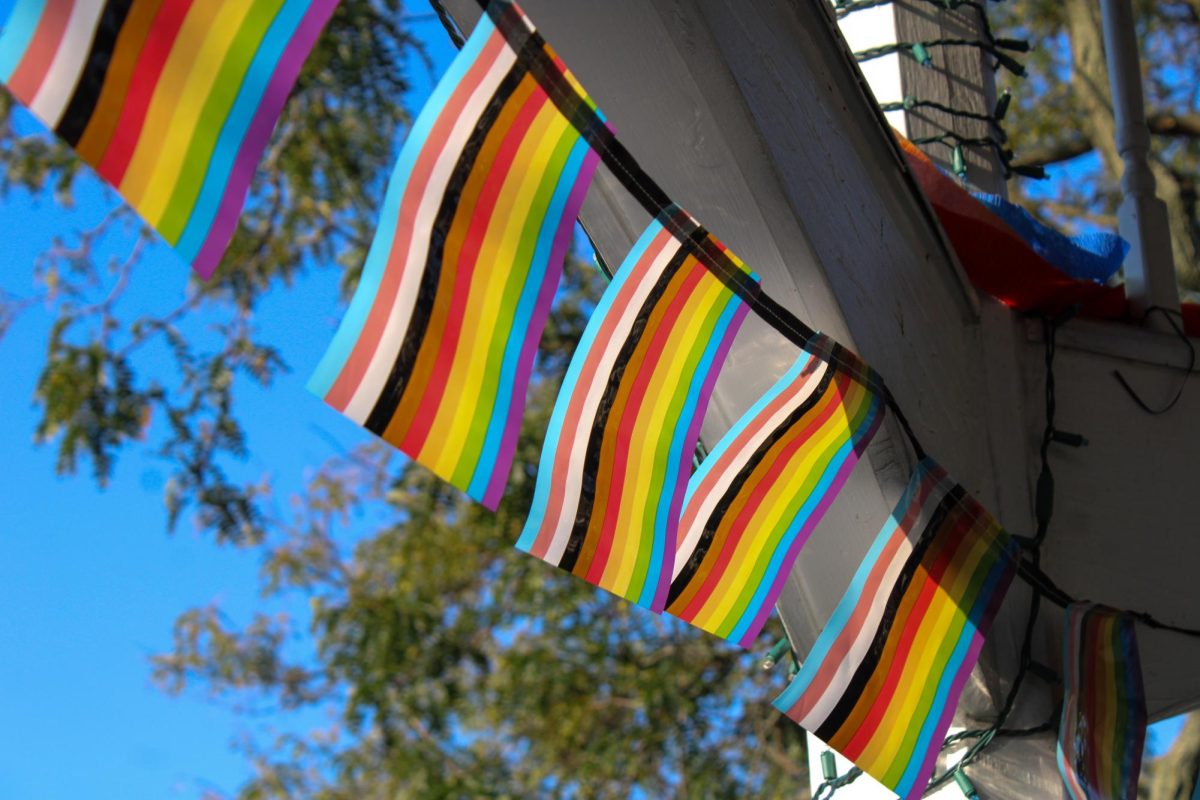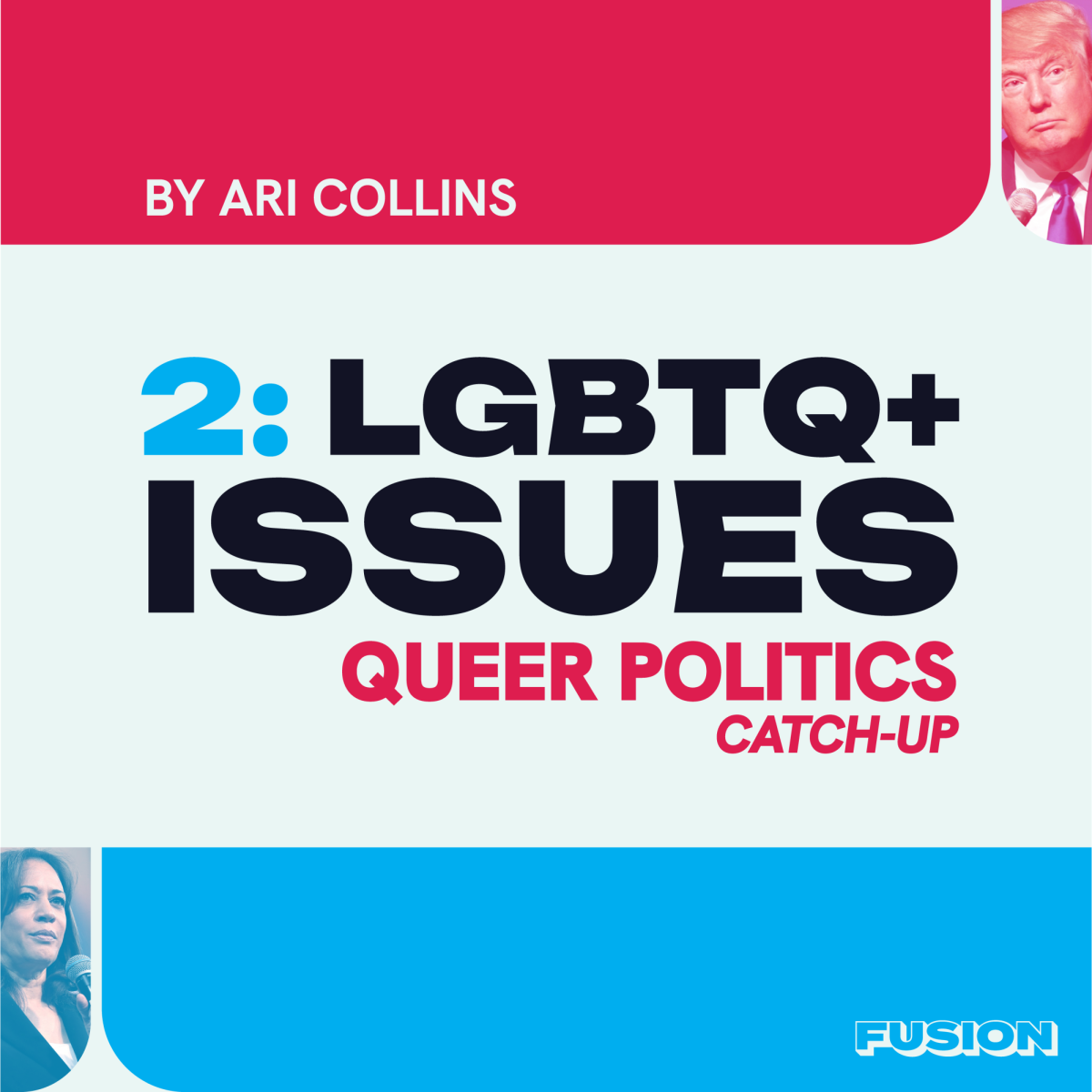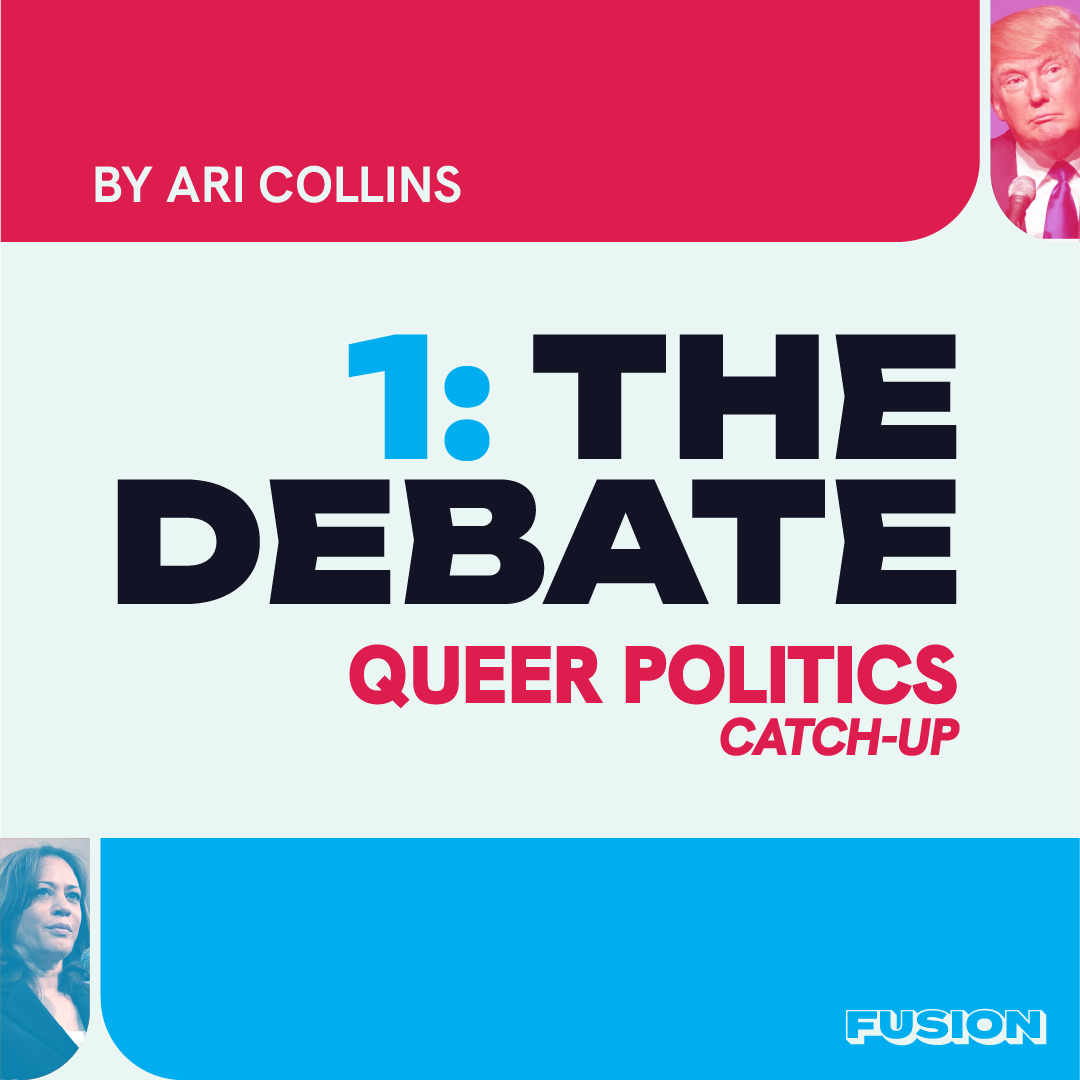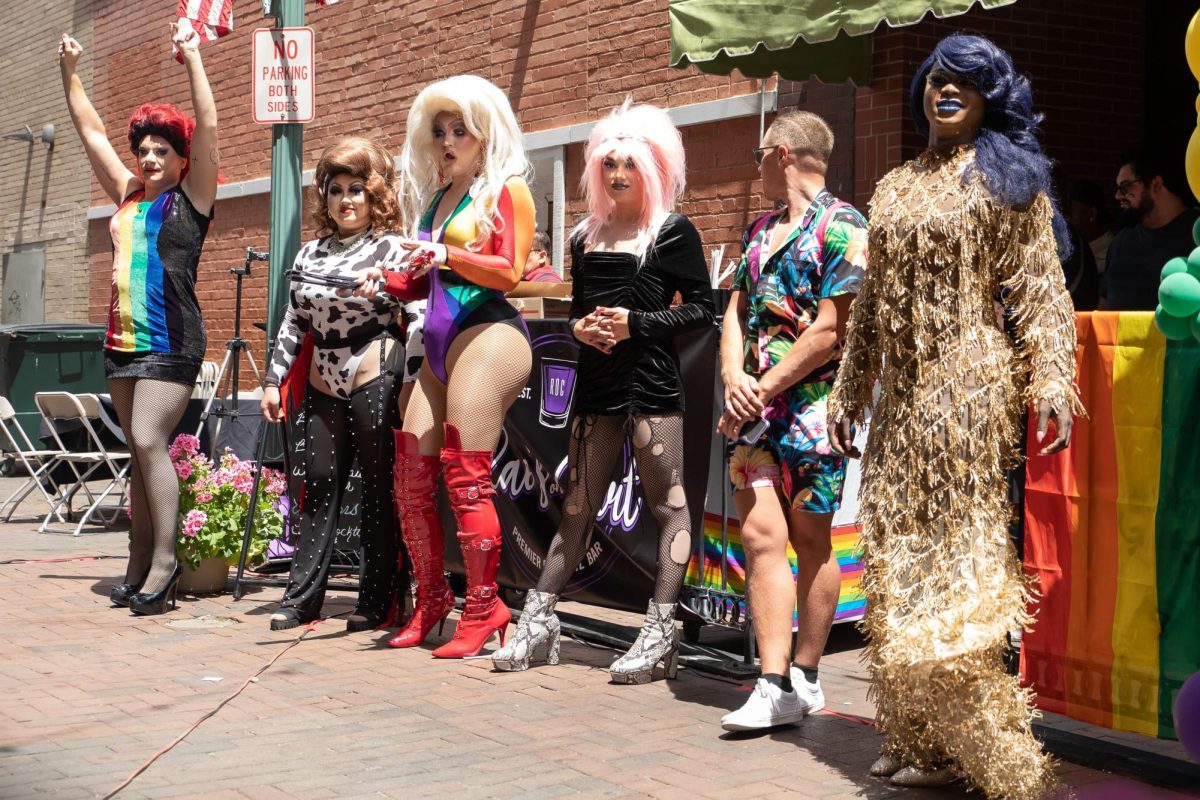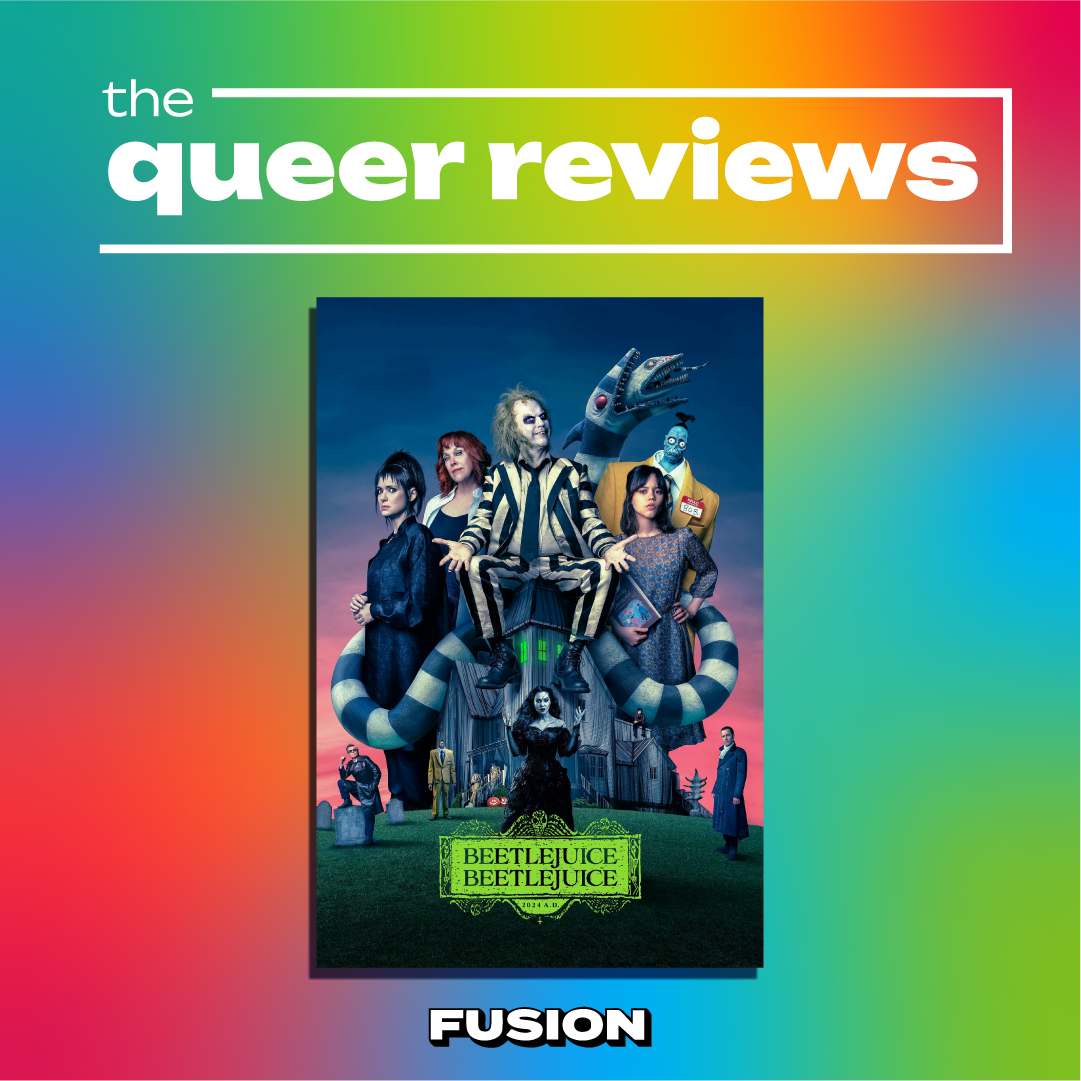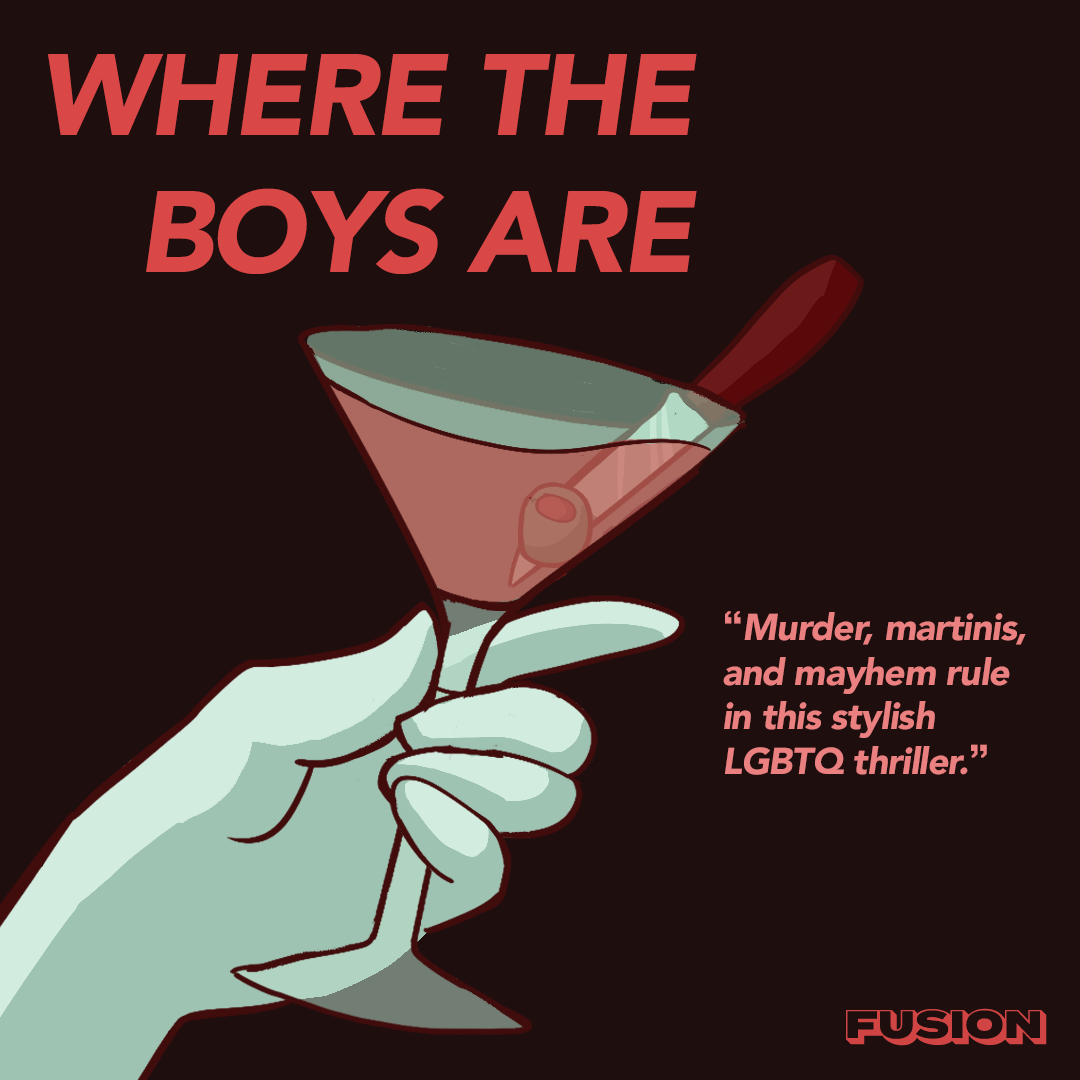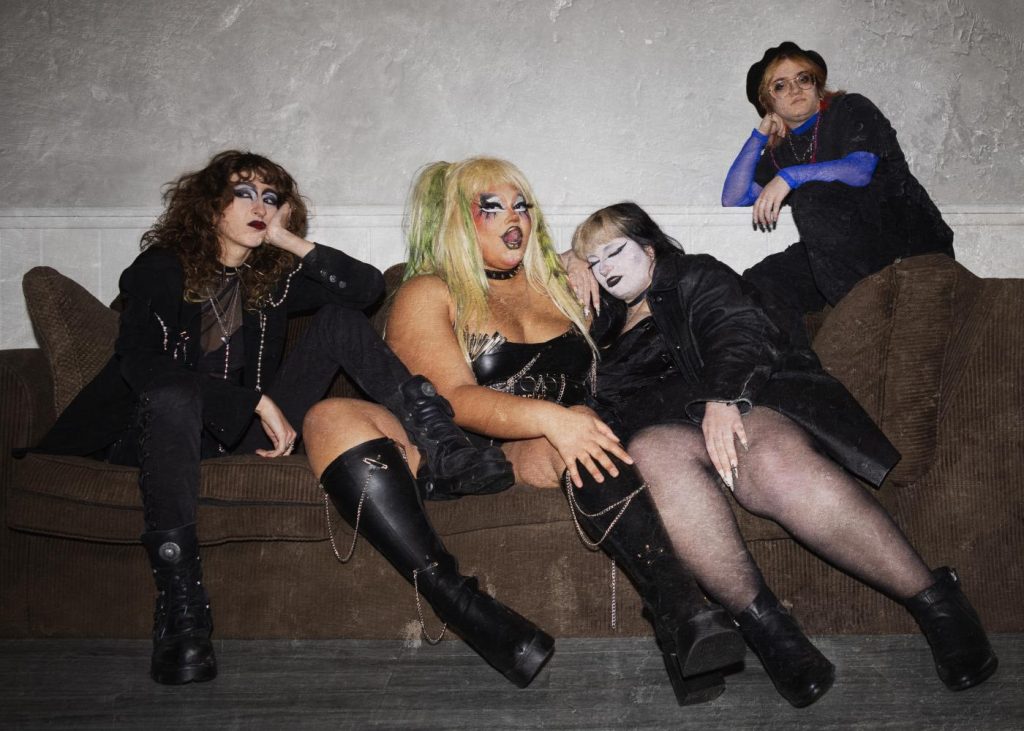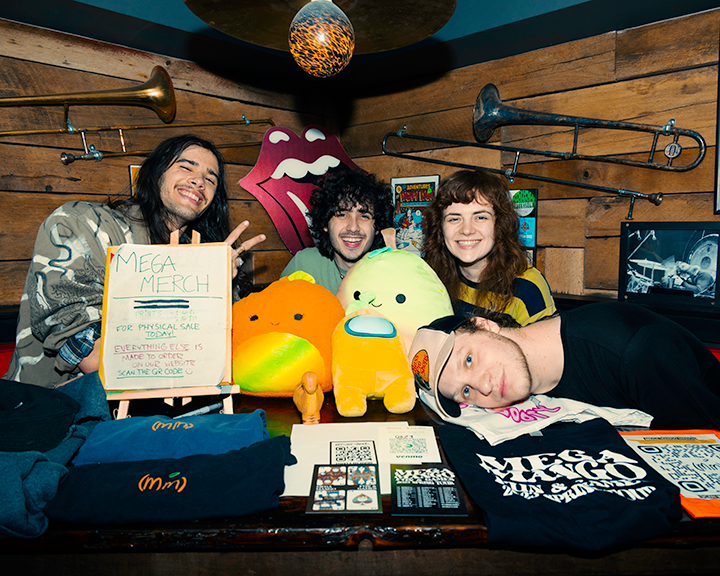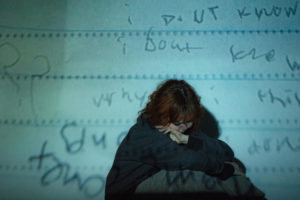
The exhausting nature of Obsessive-Compulsive Disorder (OCD) can often overlap with the isolation and adversity associated with being queer. People who experience relentless intrusive thoughts may suffer from OCD, a long-term mental illness in which a person chronically obsesses and worries over the context of their intrusive thoughts. Dr. Steven Phillipson, a clinical psychologist with a specialization in Cognitive-Behavioral Treatment (CBT) for OCD, writes on his website, “Obsessions take the form of either a perceived threat of physical harm to oneself, or to others; or in some cases more of a metaphysical or spiritual threat to oneself, to others, or to perhaps a deity.” Obsessions can latch onto anything, regardless of how dark or intricate, therefore the spiraling anxiety the disorder produces can feel impossible to expound and regulate.
The glamorization of intrusive thoughts on social media has recently evoked a conversation among mental health advocates. “My intrusive thoughts won” is a common misuse of the term, typically on social media. When using the term, intrusive thought, to refer to a bizarre yet inherently innocent idea, it implies that an intrusive thought emanates from true desires. Some thoughts are intrusive thoughts because they graphically convey something a person does not want to think about or act on. Therefore, “my intrusive thoughts won” is contradictory and enables a dangerous misrepresentation of intrusive thoughts. When OCD is used as an adjective to describe perfectionism or as a quirky personality trait, the unforgiving stigma surrounding the disorder remains stagnant.
OCD can be diagnosed in subtypes, meaning the theme of a person’s obsessions falls under common criteria or theme. These subtypes include sexual orientation and gender identity OCD, meaning a person restlessly questions or doubts their identity concerning their gender or sexuality. While it is common for LGBTQ+ individuals to go through a stage of exploration or actualization regarding this aspect of their identity, those with OCD have a debilitating fear of uncertainty. Consequently, this process can feel unbearable or elongated. It is essential to note that for those who experience LGBTQ-related OCD themes, it is not necessarily the context of the obsession itself that produces discomfort, but rather the fear of never knowing the answer.
“I still believe my OCD has been a big part of my entire journey of questioning and still not being able to label myself,” said Chloe Niesz Kutsch, a sophomore at Kent State University. “Especially recently, I’ve been questioning my gender a lot. But then I had this intrusive thought in my head that’s like, ‘well, maybe you just want to be different. Maybe you just want to be special.’ Like I’ve never been able to settle on anything because I’m not sure if it’s me or if it’s the OCD.”
Obsessions, especially when untreated, often begin to feel intertwined with reality. Intrusive thoughts can present in countless ways, including “what-if” statements, which can result in compulsive attempts to answer the question. Dr. Phillipson writes, “The next most common form of OCD involves ‘checking’. Typically checking involves door locks, light switches, faucets, stoves or items that, if left unchecked, might pose a risk to either one’s own well-being or the well-being of others.” Intrusive thoughts and urges can create a sense of physical or mental impending doom based on threats that have mere potential to exist, or even that do not exist at all.
At times, it can feel almost impossible to decipher between what is a genuine issue and what is fabricated by the mind. Having OCD makes it nearly impossible to accept uncertainty of any kind. In some cases, this can mean feeling unstable within the natural fluidity of gender or sexuality. “I think being queer and questioning it already has a lot of stress and uncertainty,” added Niesz Kutsch, “and I feel like having intrusive thoughts and obsessions definitely can make that, at least, a lot harder in some ways.”
Heteronormative standards and religious trauma can intertwine with LGBTQ-related OCD themes. Having an involuntary ingrained view of queerness can influence how a person navigates obsessions. “A lot of those intrusive thoughts, especially the religious ones like, ‘I’m going to hell. God hates me’ blah, blah, blah,’” said Maeve Boyer-Switala, a first year student at College of Wooster, “all of that definitely feeds into the whole, you know, heteronormative society, especially because the church does promote those ideas. So it’s like, really hard because your brain reinforces them.”
When a person is conditioned—socially or religiously—to have a stationary view of queerness, the brain tends to utilize these standards to fuel obsession. Even when a person has a conscious positive understanding of queerness, deep-rooted fears and biases can frequently manifest as intrusive thoughts. An individual may have been taught that there is only one way to be, which can make it hard to accept the nuance in identity. The OCD brain will dig up any reason to make a sufferer question their self-awareness, regardless of how much a person knows about themself.
Questioning gender or sexuality can undoubtedly be exhausting, regardless of if it is related in some way to OCD. Many people feel as though their place within the LGBTQ+ community is less valid if they are not able to fully label themselves. Trying to find security in a label and having Obsessive-Compulsive Disorder are two separate struggles, but are not mutually exclusive. While both struggles alone can feel endlessly draining, they sometimes coincide with each other.



